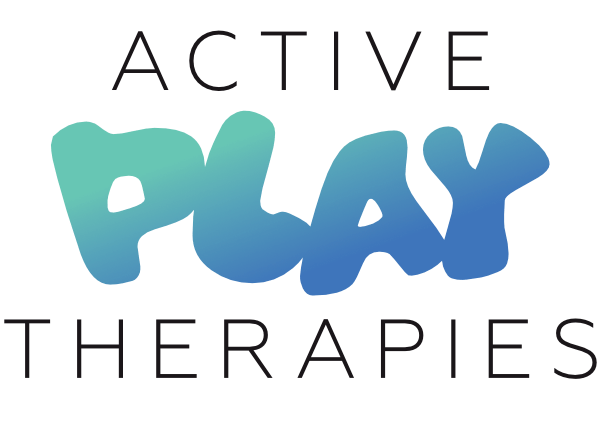Thoughts from a Therapist: Screening Screen Time
Originally posted on Sensory Integration Education on 30 July 2024.
In this month’s Thoughts from a Therapist blog, Anna Willis takes a look at the hot topic of screening screen time. Given the digital age we live in, finding a balance between screen time and other activities is important for everyone’s overall wellbeing. In her blog, Anna looks at the impact screen time can have on teenagers and young adults and the pros and cons this can bring.
As we’re focusing on teens and young adults this month, something that’s been on my mind has been the role of screen time and screening screen time. A key question that comes to mind for me is when does something become an addiction vs something that is regulating – and can it be both?
From a personal perspective, I find it all too easy to get sucked into my phone, scrolling through content that feeds my brain and lights up the little reward centre in my brain every time I find a nugget of joy! It can be a source of relaxation, play and distraction, but it can also become a habit that’s hard to break. I’ve started turning it off at night so I can’t check it first thing in the morning as I was finding that I was being sucked into work before I’ve even fully become conscious.
If, as an adult with an arguably fully developed frontal lobe, I struggle to manage my own screen time, it is surely an unrealistic ask to put the burden of regulating the amount of screen time on children? I’ve seen various parenting approaches, from restricting screen time with timers on devices, to more gentle parenting approaches where children are given free rein.
When we factor neurodiversity into the mix, this becomes even more complex. I’ve written before about the social benefits of the online gaming community. I’ve also seen some autistic advocates say that devices are crucial to a person’s ability to regulate, opening up a whole world of opportunity to them in the form of entertainment, relaxation, comfort, predictability, social opportunities and information gathering, and that by limiting access, we are denying people access to a key regulator.
Unfortunately, it’s not something I have an answer for – more just throwing it up as a topic for debate! I think screen time can become a distractor and limit real-world opportunities for interacting physically with environments and people, gaining regulating multisensory input and learning opportunities. The addictive properties of screens can be a hazard and screening screen time can put pressure on the parent-child relationship, which is particularly vulnerable during adolescence. However, preventing someone from accessing a regulating tool is not something that feels comfortable either and we all know how integral screens are to our work and personal lives today.
If anyone has the answer – please let me know!
Have a wonderful summer!
Anna
Thoughts From a Therapist is a regular series written by Advanced SI Practitioner Anna Willis about something that piqued her professional interest or inspired her in some way over the last month. Anna, an occupational therapist and owner of Active Play Therapies, has over ten years of experience working with children and adults with a range of learning disabilities and autism.
